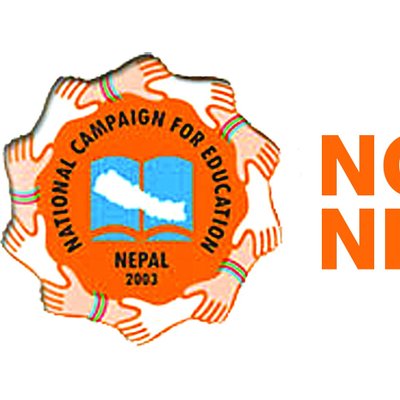KATHMANDU: The government’s investment in education should be increased in order to establish the right to education as an inherent right of an individual and promote education not as a commercial commodity but as a public good.
A study on ‘Insufficient investment in education and the educational goals of sustainable development goals’ conducted by the National Campaign for Education (NCE) Nepal has stated that to maintain free and quality education at the school level the current budget allocation should be increased two and a half times.
Sharing the findings of the study, education expert Dr Vinay Kumar Kusiyat said increasing of foreign loans rather than grants and private investment taking over public investment in education raises questions about the government’s commitment to free and compulsory education.
Only about 10 percent of the budget of the federal government has been allocated for education in the current financial year.
However, according to international commitments, 20 percent of the total budget or six percent of the gross domestic product (GDP) should be invested in education.
Dr Kusiyat also suggested that provinces and local levels should implement education tax and search for other internal sources and invest in education through collaboration with the private sector.
President of NCE Nepal Dilliram Subedi called for sincerity on part of the government to realise the constitutional provision of free and compulsory school education.
Currently, there are 35,674 schools in Nepal, including 27,812 community schools, 6,732 institutional and 1,130 traditional schools.
Similarly, there are 2,151 community learning centers, 121 open schools, and 171 formal adult schools.
Although the total enrollment rate of school-going age group children has reached 97.5 per cent only one-third of the students reach Grade 12.









Comment